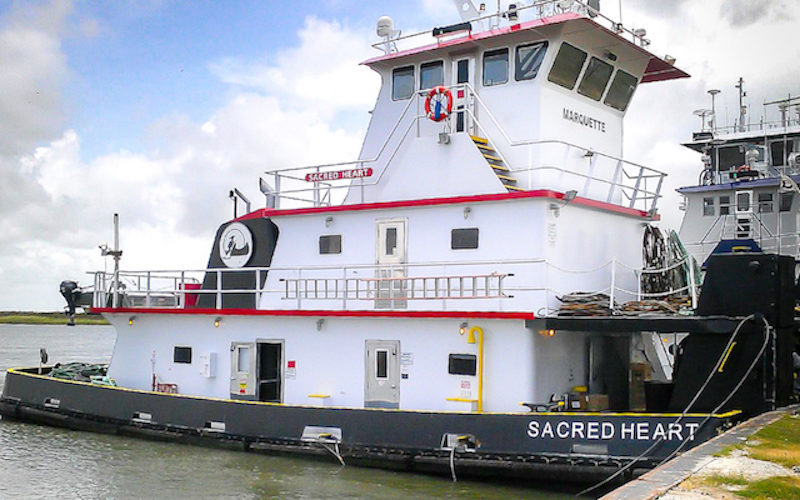For many operators, vessel chartering/leasing can be a viable alternative to loans or other types of financing. Other benefits of leasing may include faster approvals than a loan, flexible end of term options, improved cash forecasting and asset management.
What Lenders Look For
Although more lenders are showing interest in the marine sector, most are still proceeding with caution. Lenders are looking closely at leverage ratios: funded debt to earnings before interest, tax, depreciation and amortization (EBITDA), as well as cash flow in general. In most cases, banks will also take into consideration whether the financed growth is for contracts that are already in place, which is a safer bet than spot business that is less predictable.
Vessel owners and operators might be surprised to learn that the quality of prepared financial statements can also have an impact on funding success. Banks appreciate seeing thorough records about a fleet’s utilization history, when current debt comes due, what subleases an operator has with other companies, and any debt or financial outliers.
Ultimately, both the lessor and the owner should bear in mind that the best relationships are built upon transparency. When seeking a finance partner, operators should look for someone who will listen and really try to understand the business goals.
At the end of the day, the only thing that remains the same is change. With recent changes ranging from industry ups and downs to tax reform, equipment leasing might be the way forward for operators looking to begin investing in their fleets and growing their businesses.
Ronnie Evans is director of Commercial Marine Finance at Key Equipment Finance. He has over 25 years of experience in the finance industry. He can be reached at [email protected].




